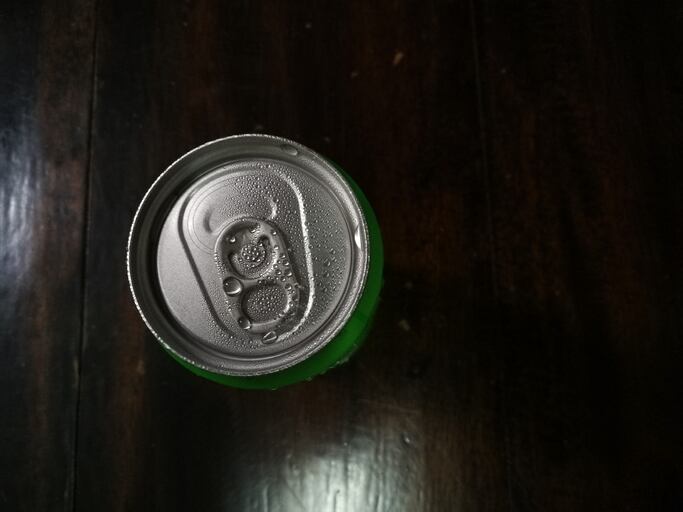In 2019, the hard seltzer market was sweeping the USA, and savvy UK buyers and brand owners alike picked up on the popularity of canned alcoholic beverages. Combined with witnessing the success RTDs were experiencing, the wine industry took notice and saw an opportunity to get a slice of the action.
It was also seen as a particularly appealing format for younger demographics, which favour on-the-go, convenient formats – also seen in the growth of canned cold brew and nitrogen-infused coffees (CBI Insight, June 2021).
As a result, a number of new wine brands launched to market; Copper Crew, Nice, Hun, Babe, to name a few. They cited the growth and size of wine cans in other markets and surmised that UK consumers would follow the trend.
On paper it sounds great: in 2021 17% of all alcohol beverage sales were sold in a can format and wine can growth achieved a phenomenal 187% over the previous 12 months, and the alcoholic can market overall was +30% YoY (all Nielsen IQ, December 2021).
Impressive on the surface, but it’s not all rosy in the wine can garden.
A driving factor behind the wine can growth is that big retailers increased their ranges of wine cans over the last 12 months; Hun, for example, launched into Tesco and secured investment of more than £600,000 from crowdfunding investors.
But this exaggerated the perception for demand.
Sadly, there have been brand casualties. For a true picture of this market, true growth and opportunities for canned wine will be visible at the end of this year, after range increases stop masking actual performance and brands have proven growth on established sales.
Can cans be successful?
It is true that there are more successful incumbents; Most Wanted Wines and PinotPinot have both been selling canned formats prior to this trend, and certainly before the move to in-home drinking brought about by the Covid era, benefitting from early mover status.
There is scope for cans to be successful in the wine sector, but the brand must be established rather than using the format as a gimmick.
Beer and soft drinks have been sold in cans for decades and, for the consumer, stretching this format to a seltzer or a ready-to-drink spirit and mixer, is natural. Wine is a different product, with perceptions around serving making the switch from glass bottle to can a much larger leap.
Known and beloved brands have already established trust and will therefore be better placed to persuade consumers to take a chance on a new format.
Big player brands such as 19 Crimes are likely to have greater success with can launches, as they have cultivated a loyal consumer following, one which buys into the brand story and are more willing to experiment across the range.
Wine Intelligence tells us that 32% of UK consumers would ‘consider’ purchasing wine in a can, up from 17% of us in 2017. However, if the last few years have taught us anything, there is a large gap between intention and action and, especially for Millennials and Gen Z-ers, engagement across different channels will do more to drive sales than simply putting a new format on shelves.
Is the future shiny?
The wine industry has invested in new canning production facilities in the UK and Europe, which suggests the move towards selling this format will not go away.
As the world opens up, the number of occasions that canned wine suits is increasing, with festivals, events and on-the-go enjoyment back on the menu.
It is important however, not to over-inflate their place in the wine sector and herald cans as huge sales drivers, as the industry may be trying to lead consumers where they do not necessarily want to go.
Even in the USA and even in its successful hard seltzer market, the Boston Beer Company reported a net loss of $132m due to slower than anticipated growth and will throw away ‘millions of cases’ of product, a fate that many wine brands could not sustain.
About Beyond Wines
Beyond Wines is a UK based distributor founded by Alex Green and Matt Johnson; two members of the senior team behind i heart wines and Freixenet. Its portfolio includes pillar brand, Liquid Diamond, which truly blends aesthetic and accessibility. The brand offers consumers the chance to purchase something beautiful for gifts and to take to parties (or just to enjoy themselves at home!), whilst speaking to them on their level and in a way inspired by modern life in the 21st century. It has just launched a collaboration with The Only Way is Essex star, Amy Childs – Amy x Liquid Diamond will be available from December.

